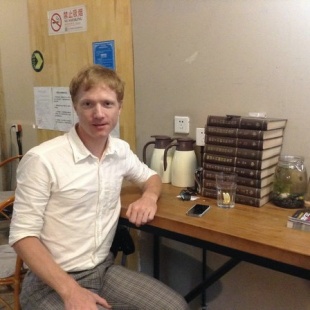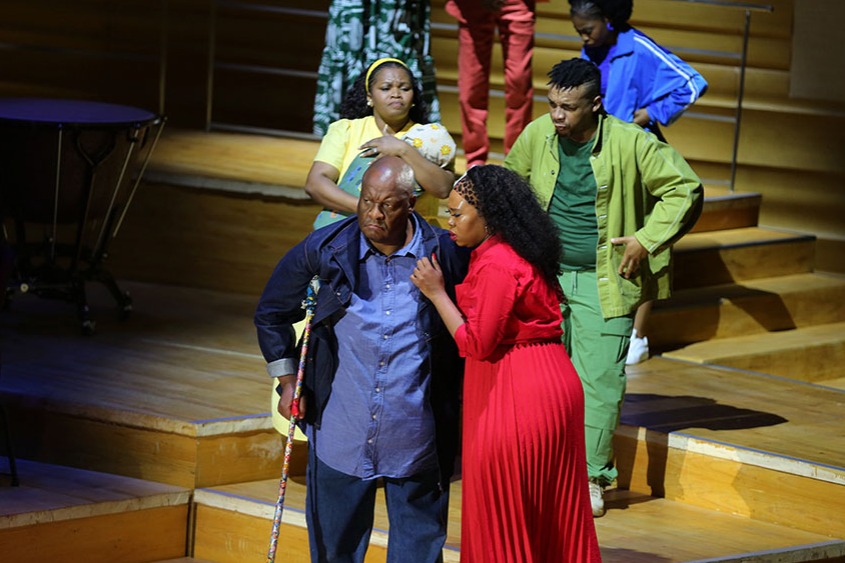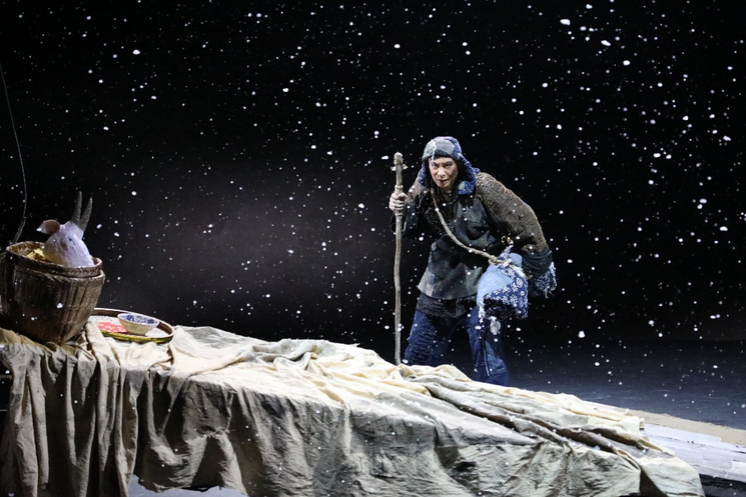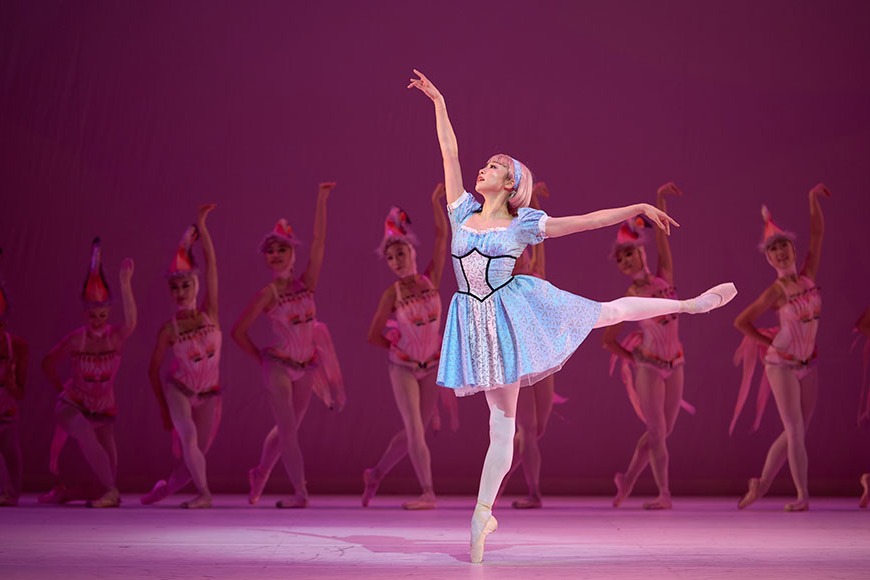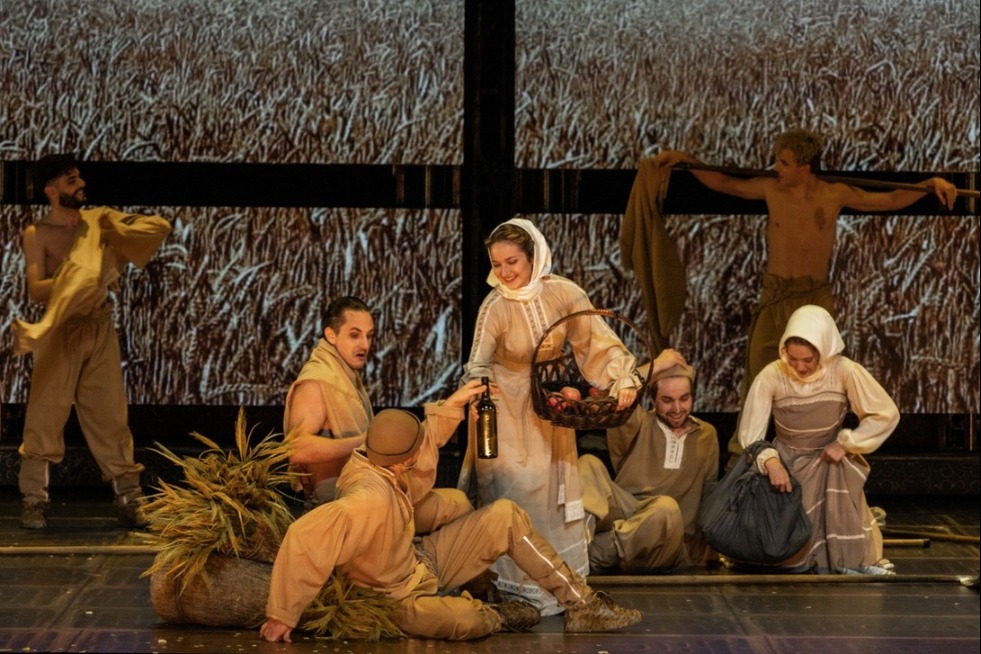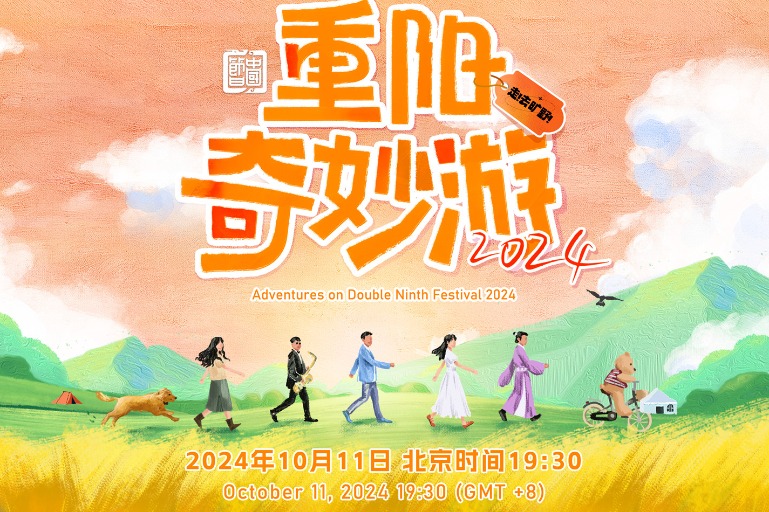Q&A with translator of Liu Cixin's novel

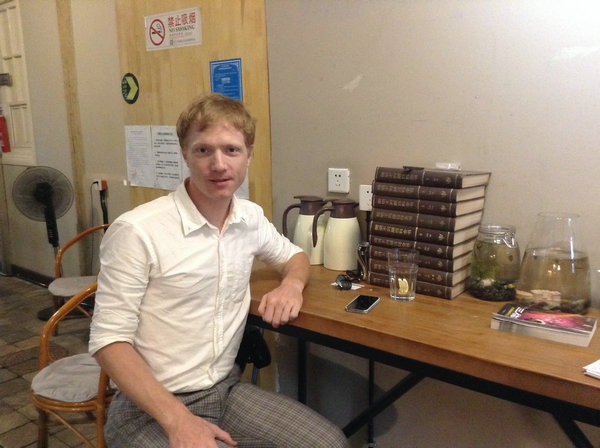
China Daily sat for a Q&A with Joel Martinsen, translator of Liu Cixin's novel, Ball Lightning, as well as the internationally best-selling The Dark Forest, the second book of the Three Body trilogy. Martinsen refers to Liu as Da Liu, meaning big Liu, just like the author's Chinese fans.
How did you get started with Ball Lightning?
I read it when it was first published in 2004, and it stayed with me. The opening of the novel is really well done and exciting. I translated it first for my own entertainment-back then I just wanted to translate something interesting and longer than what I had done previously. The translation ended up online and the website is still getting traffic after many years.
It's said that Liu removed some of the cross-references to Ball Lightning in The Three Body Problem when it was published in English.
At the time Three Body Problem was published, Ball Lightning was not. Liu did that for the better understanding of the English readers. He did write 10,000 characters for an additional section of flashbacks as a memory of events that happen in Ball Lightning, which was not used in the final edition.
There were discussions about the characters Liu creates and depicts. How do you see them and the writing and language style he uses?
In Ball Lightning, the story is told in the first-person, making it very personal and easy to follow. We see two major characters driven by PTSD, and the psychology of what indeed drives people do things. It's finely crafted and well-observed, and affects me in a way unlike Da Liu's characters in other books.
As to language, his writings are very functional. The criticism for him of not having very beautiful writing is probably true, but that's fine, because that's not the focus. When he is really excited about a certain element of the story, he can describe that beautifully, like in the beginning of Ball Lightning, among other examples.
Why did you choose The Dark Forest instead of the other two books to translate?
One thing I like about the novel is the sociological concepts it addresses. What I like about it is to see what the crowds do, to see how they swing easily. It reminds me of Liang Xiaosheng's novels.
What were the challenges of translating Ball Lightning?
I've been trying to sort out the logical relationship to the many Chinese clauses in a long sentence. I might add in some connective words. Also, the scientific parts and references take a lot of time.


